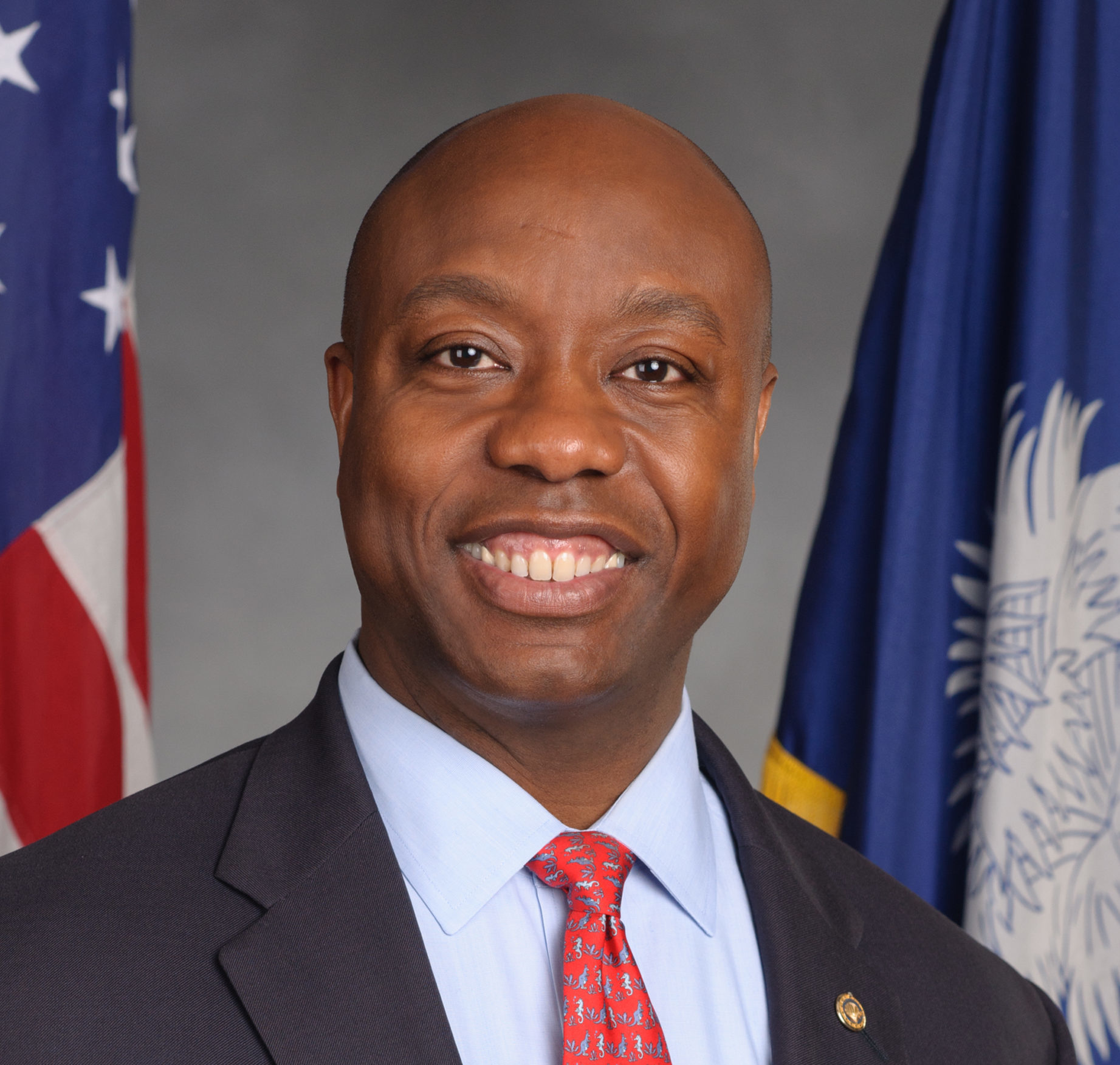Posts tagged unelected bureaucrats

Testimony: Rachel Greszler: Labor Law Reform Part 1: Diagnosing the Issues, Exploring Current Proposals
October 10, 2025 // SummaryToday’s challenges—from the rise of artificial intelligence to the expansion of independent work and the growing demand for flexibility, autonomy, and new skills—necessitate modernized labor laws that are pro-worker and pro-employer, regardless of the type of workplace. Heavy-handed government interventions and attempts to bring back the 1950s’ ways of work are not the answers. American labor laws should preserve the freedom, dignity, and opportunity that make American work exceptional.
Goldwater Backs Proposal to Rein in Federal Bureaucracy
June 1, 2025 // Goldwater Institute submitted a formal public comment to the Office of Personnel Management (OPM) in support of a Trump Administration proposal to reclassify thousands of federal employees with policy-influencing roles to at-will employment status. The Institute’s comment makes clear that this is an encouraging step forward to ensure accountability in government, and when necessary, rein in abuses in the federal bureaucracy. States like Arizona, Georgia, Kansas, Texas, Utah, and Florida have classified state workers as at-will employees for years. As the Institute noted in its letter, “oversight and accountability are central features of efficient management practices for government employees,” both at the state and federal levels.
Free the Economy podcast with Vinnie Vernuccio of the Institute for the American Worker
March 27, 2025 // Our interview for Episode 116 of the Free the Economy podcast is with Vinnie Vernuccio of the Institute for the American Worker. We talk about labor unions, independent contractors, right-to-work laws, port automation, and the future of the American workforce. Free the Economy is hosted by Richard Morrison. Our co-producer and editor is Destry Edwards. Keep up with new episodes by following us on Twitter at @freethe_economy and read our episode summaries, with links to the stories we cover, at cei.org/blog.

OPINION: Federal Workers Shouldn’t Have Collective-Bargaining Rights
March 25, 2025 // To that end, Trump should push the GOP-controlled House and Senate to pass legislation banning federal workers from collectively bargaining. He and other leaders should frame that policy as a way to save taxpayers’ money. As the Institute for the American Worker has shown, the collective-bargaining process costs taxpayers hundreds of millions of dollars yearly. Trump wouldn’t be the first president to oppose federal collective bargaining. Even liberal icon Franklin Delano Roosevelt rejected the practice, arguing that it made government less accountable. He was right. When federal unions negotiate with agencies, the taxpayers who fund them have no voice.
GOP revives rule allowing lawmakers to target federal agencies, staffers
January 12, 2023 // The rules package House Republicans approved late Monday includes a provision allowing lawmakers to reduce or eliminate federal agency programs and to slash the salaries of individual federal employees. Called the Holman Rule, the measure was proposed in 1876 but was sparingly used until it was reinstated by Republicans in 2017 and then dropped by Democrats two years later. In theory, it could apply to any federal worker or agency — but for now the move is seen as mostly symbolic, as the Democratic Senate could block Republicans from using the provision.

Op-ed: Big Labor Eats Small Business in California
August 31, 2022 // America’s leading antibusiness policy incubator, also known as the state of California, is at it again. The state Assembly passed the so-called FAST Recovery Act in January. It was approved by the Senate Appropriations Committee on Aug. 11. The next stop will be a vote on the Senate floor, followed by Gov. Gavin Newsom’s desk. If the bill becomes law, it will drive up fast-food prices as much as 22% and wipe out the franchise business model, which provides nearly 800,000 jobs in the state.

REP. GOOD INTRODUCES THE SMALL BUSINESSES BEFORE BUREAUCRATS ACT
May 13, 2022 // “The Small Businesses Before Bureaucrats Act brings much needed updates to federal labor law. Congressman Good should be applauded for bringing the NLRB’s jurisdiction back to the levels Congress intended.With inflation rampant and prices skyrocketing it is absurd that these standards have not been updated since the 1950s. The modernization of NLRB’s thresholds will protect small businesses in Virginia and across the country from what many see as a partisan Board seeking to put union interest above workers and job creators.”

Opinion: Time for a Law That Puts Workers, Not Unions, First
March 25, 2022 // The Employee Rights Act of 2022, unlike Biden’s PRO Act, encourages innovation and job flexibility.
